Bad Clutch? Spot the Signs and Get It Fixed Fast
If you hear grinding, feel slipping, or need extra gas to shift, your clutch is probably on the brink. Ignoring these clues can cost you more in repairs and unsafe driving. Here’s a quick guide to help you decide when to act and where to go.
Common Symptoms of a Bad Clutch
One of the first warnings is a burning smell after a hard launch or hill start. The odor means the clutch disc is overheating and losing grip. Another clue is a high, rattling noise when you press the pedal – that’s the release bearing screaming for attention.
Slipping while you accelerate is a red flag. You’ll notice the engine revs rise but the car doesn’t gain speed. If the pedal feels spongy or sticks to the floor, the hydraulic system or cable may be leaking fluid or worn out. Finally, a rough or juddery engagement when you let the clutch out shows the disc surface is uneven or the pressure plate is failing.
What to Do When Your Clutch Fails
First, stop stressing the clutch. Avoid hill climbs and aggressive launches until you get it checked. A quick visual inspection can reveal obvious damage, but most issues need a professional diagnosis.
At Northwich Tyres Centre we offer a free clutch health check. Our technicians will test the pedal travel, inspect the hydraulic lines, and look for wear on the disc and pressure plate. If replacement is needed, we can fit a standard or performance kit in about an hour.
When budgeting, ask about the clutch kit price and labour cost separately. A basic kit usually runs between £150‑£250, while a performance Stage 2 kit can be £350‑£500. Labour in the UK averages £80‑£120 per hour, but we aim to keep the total under £600 for most jobs.
If you’re handy, you can replace the clutch yourself, but you’ll need a transmission jack, a set of sockets, and a solid workspace. The process involves removing the gearbox, swapping the disc, pressure plate, and release bearing, then re‑assembling everything with the correct torque settings. Mistakes can damage other parts and end up costing more.
Choosing a professional saves time and guarantees correct adjustment. Our shop also checks related components – the flywheel, clutch cable or hydraulic system, and the throw‑out bearing – so you don’t get a repeat problem later.
Regular maintenance can extend clutch life. Keep the fluid clean and topped up, avoid riding the clutch in traffic, and shift smoothly. If you notice any of the symptoms above, book an appointment quickly to avoid a full clutch failure.
Ready to stop the slipping and noise? Call Northwich Tyres Centre or drop by for a quick inspection. We’ll give you a clear quote, explain the repair options, and get your car back on the road with a healthy clutch.
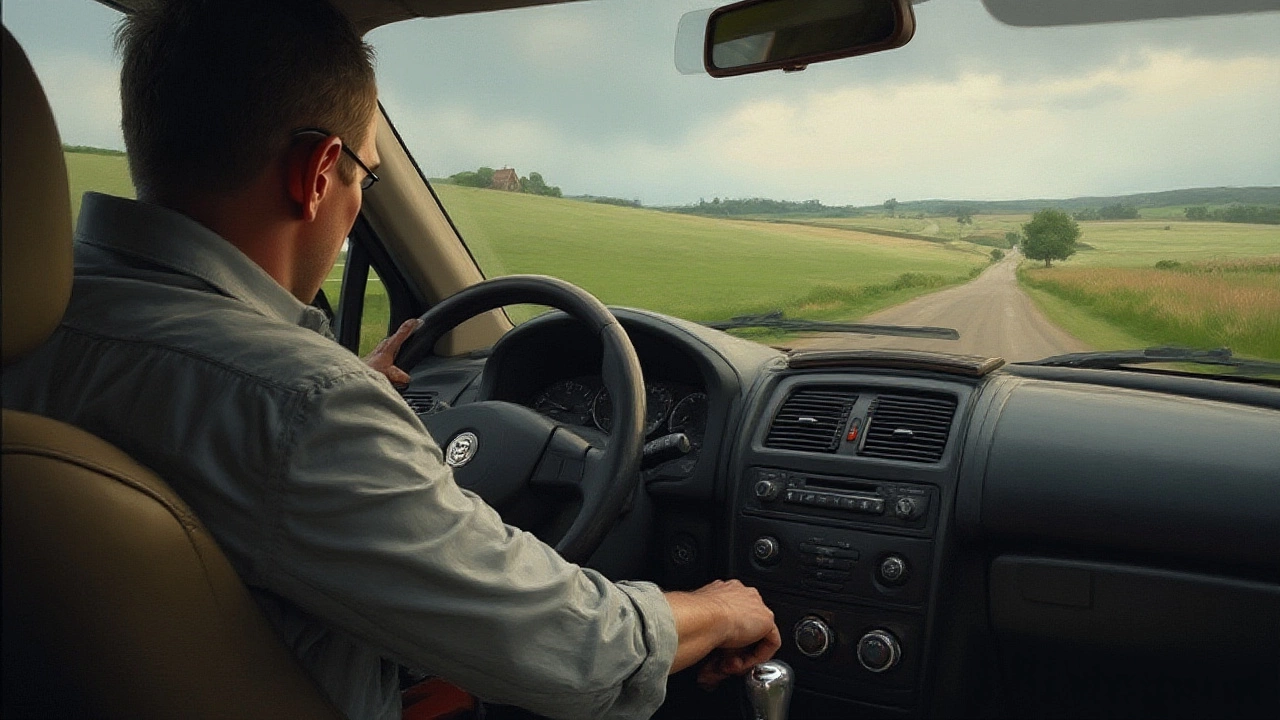 2 August 2025
2 August 2025
Is It Safe to Drive With a Bad Clutch? Symptoms, Risks, and Real-World Advice
Wondering if you can keep driving when your clutch is shot? Understand the risks, what to expect, and how to handle emergencies with a failing clutch.
 19 March 2025
19 March 2025
Signs of a Bad Clutch: What to Watch For
Identifying a bad clutch can save you from costly repairs down the line. Whether it's a slipping clutch, strange noises, or a burning smell, these issues are often easier to diagnose than you think. Learn how to spot the early signs of clutch problems, the factors that contribute to clutch wear, and tips for extending your clutch's lifespan. This guide will help you better understand your vehicle's clutch and when it's time for a pro to step in.
Tags
- car maintenance
- engine oil
- spark plugs
- brake pads
- engine performance
- vehicle maintenance
- spark plug replacement
- windshield wipers
- fuel pump
- suspension parts
- clutch replacement
- clutch kit
- car performance
- oil change
- air filters
- car suspension
- car radiator
- exhaust systems
- engine misfire
- fuel pump failure

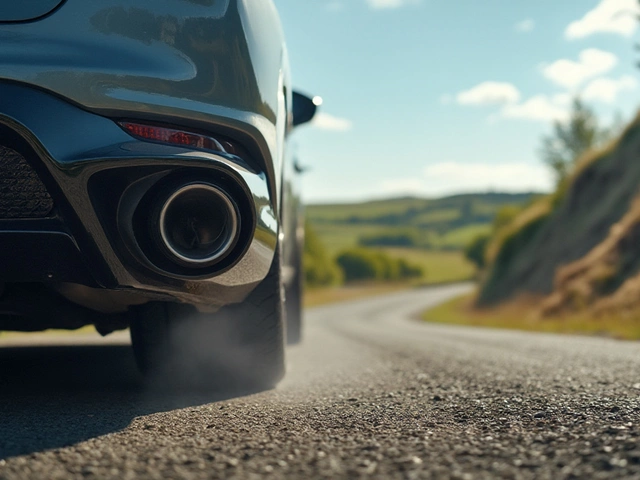
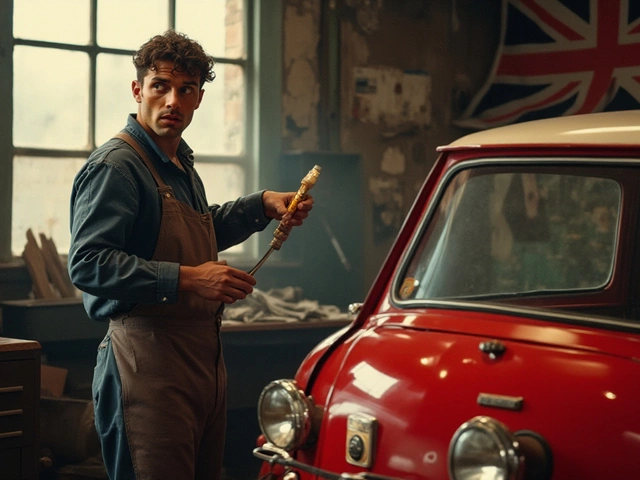

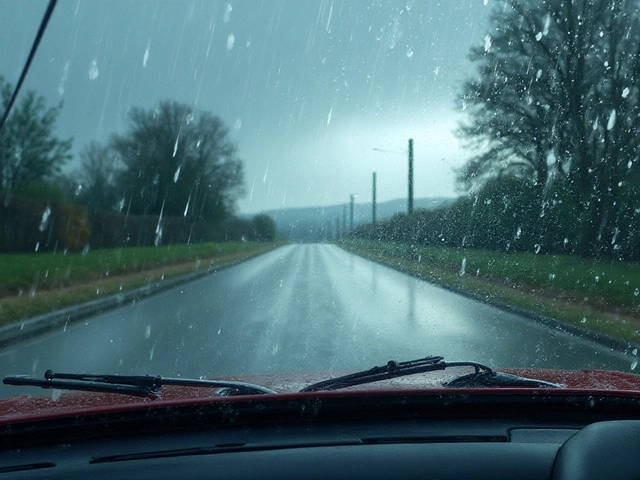
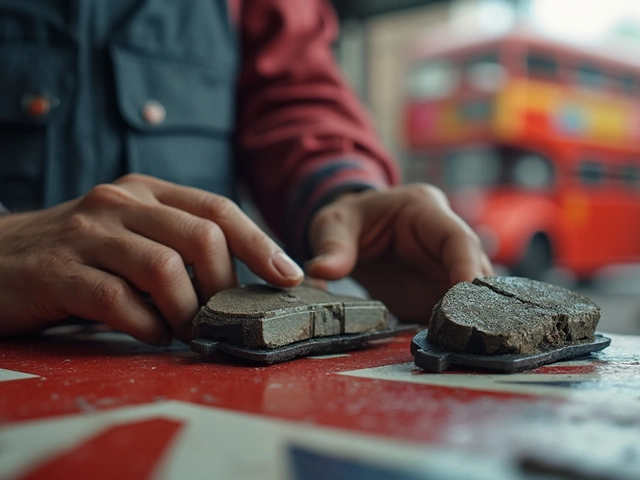
0